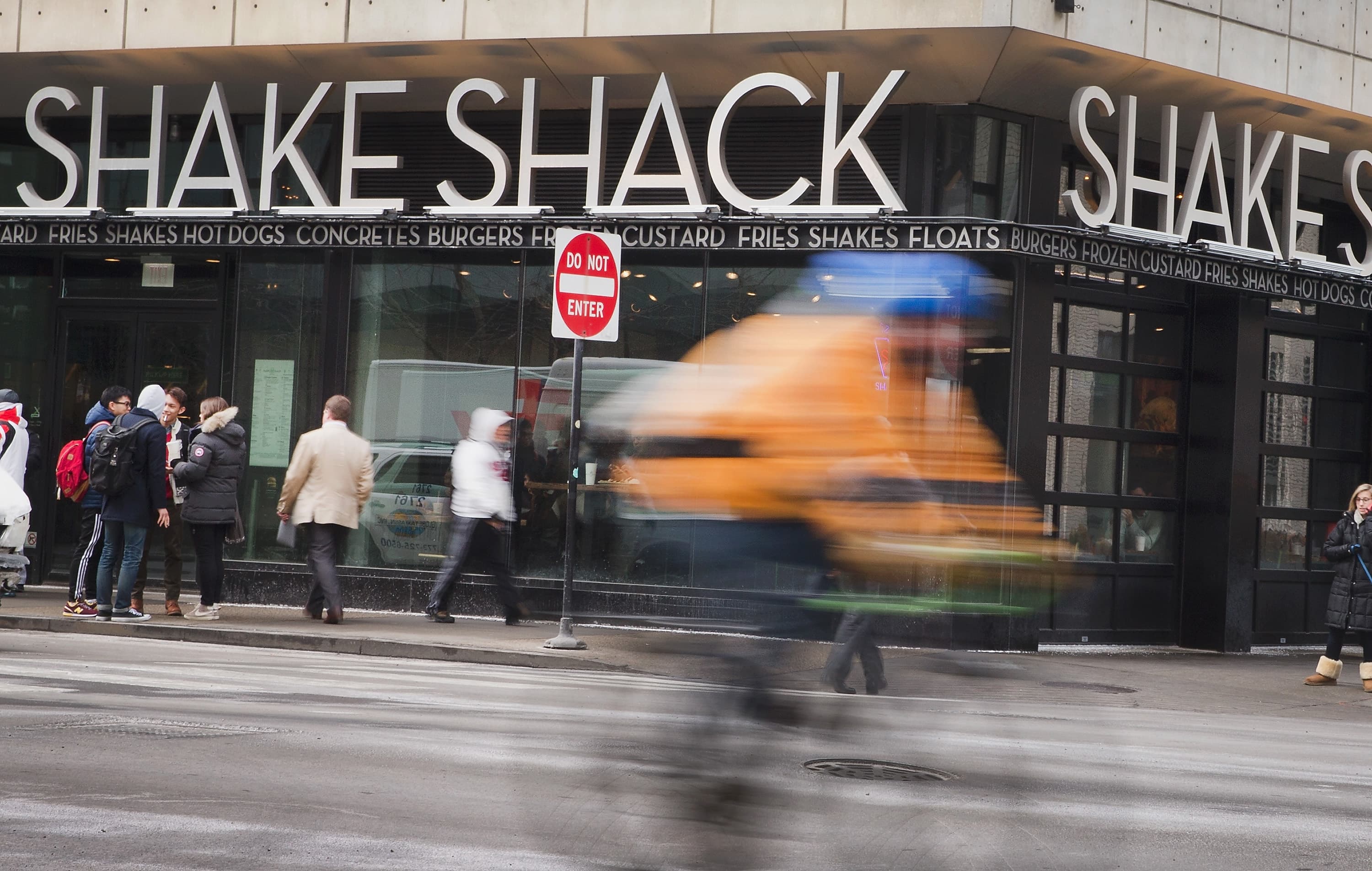Raymond Boyd
Some big restaurant chains have gotten called out in recent days for using a loophole in the $2.2 trillion coronavirus relief law to access loan money earmarked for smaller businesses.
Potbelly Sandwich Shop, for example, got a $10 million loan from the Paycheck Protection Program — the upper lending limit. Ruth’s Chris Steak House got $10 million for each of two subsidiaries.
And it’s not just restaurants. Other large businesses like hotel operators and energy companies have gotten loans for millions of dollars, according to news reports.
The $349 billion in program funding ran out on Thursday and left many small businesses shut out.
“There have been some people, some companies approved that I believe should not have been under the intent of the law,” Sen. Marco Rubio, R-Fla., and chairman of the Senate Committee on Small Business and Entrepreneurship, told CNBC on Monday.
Hamburger restaurant chain Shake Shack is among the companies to have received a $10 million loan. Company executives subsequently said they would return the money so it could be reallocated to businesses in greater need.
“If this act were written for small businesses, how is it possible that so many independent restaurants whose employees needed just as much help were unable to receive funding?” CEO Randy Garutti and founder Danny Meyer wrote in a blog post Monday.
Treasury Secretary Steven Mnuchin was “glad to see” Shake Shack returning its loan, according to a Tweet.
Ruth’s Chris and Potbelly didn’t immediately respond to requests for comment.
Funding loophole
How were such companies able to get funding in the first place?
The Paycheck Protection Program offers forgivable loans to business with 500 or fewer employees. Companies can secure loans of equal to 2½ times their monthly payroll, up to $10 million.
The $349 billion program was created as part of the $2.2 trillion coronavirus relief package enacted last month.
The law makes an exception for some companies — namely, those with a North American Industry Classification System code of 72, which covers businesses in the accommodation and food services industries.
This is a broad category that includes hotels, motels, casino hotels and other travel accommodations, as well as restaurants, caterers, bars and others.
I think it would be prudent for [the law] to change.
Christopher Maher
CEO of OceanFirst Financial
Such businesses that have more than one physical location, but which don’t employ more than 500 people per location, are eligible for loans through the Paycheck Protection Program, according to the coronavirus relief law.
The law, known as the CARES Act, also has a carve-out for foreign-owned entities. A large foreign company with a U.S. subsidiary of 500 employees or fewer is also eligible for a loan covering its U.S. entity, said Christopher Maher, CEO of New Jersey-based community bank OceanFirst Financial.
It makes sense to have a loophole for certain businesses, said Maher. Those with a franchise model, for example, operate like independent businesses, he said.
More from Personal Finance
Lessons from financial advisors who applied for a PPP loan
What to know about being furloughed
Waiting for unemployment checks? It could take months
But it doesn’t make as much sense to give funding to large corporate entities like Shake Shack that don’t operate with franchises, he said.
Large companies can raise money in the stock market and have other avenues available to them for loans, Maher said. The Federal Reserve, for example, recently announced a $600 billion Main Street lending program for mid-sized businesses.
The carve-out for certain groups is a function of being asked to draft the CARES Act to “cover as many people as possible,” said Rubio, who also defended it.
“These hotels, they might say Marriott or Hyatt or Hilton, but it’s actually owned by an individual,” he said. “And the same can happen with restaurants and franchises.”
Some observers wonder why the accommodation and food services industries were singled out for relief in the CARES Act, and not others like health clubs with multiple geographic footprints. They also fear similar legislative language will apply to a new, $310 billion round of funding for the Paycheck Protection Program that federal lawmakers could pass by mid-week.
“I think it would be prudent for it to change,” Maher said.
The Treasury Department and Small Business Administration, which oversee the program, didn’t return a request for comment.
